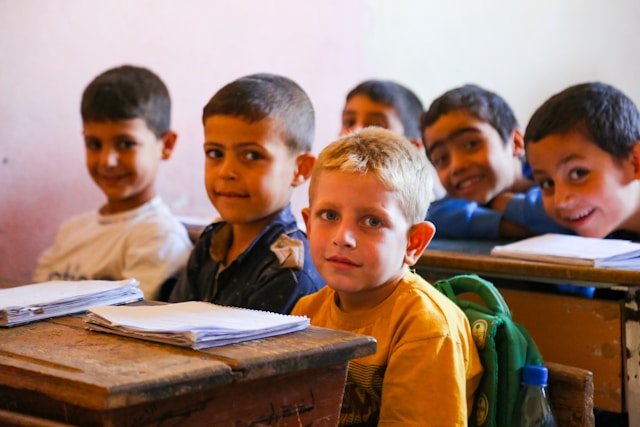Careers in Humanitarian Aid and Emergency Relief
- Key Roles in Humanitarian Aid
- Skills and Qualifications
- Gaining Experience
- Challenges and Rewards
Humanitarian aid and emergency relief careers are dedicated to providing immediate assistance to people affected by crises such as natural disasters, conflicts, and epidemics. Professionals in this field work to save lives, alleviate suffering, and maintain human dignity during and after emergencies. This article explores various career paths in humanitarian aid, the skills required, and how to get started.
Key Roles in Humanitarian Aid
- Emergency Response Coordinator: Manages the overall response to a crisis, coordinating efforts among different agencies and ensuring resources are allocated effectively.
- Field Officer: Works directly in affected areas to distribute aid, conduct needs assessments, and support local communities.
- Medical Staff: Includes doctors, nurses, and public health specialists who provide medical care and support health initiatives.
- Logistics Coordinator: Manages the procurement, transportation, and distribution of supplies and equipment.
- Protection Officer: Focuses on safeguarding the rights and well-being of vulnerable populations, including women, children, and refugees.
- Program Manager: Oversees specific aid programs, ensuring they are implemented effectively and meet their objectives.
Skills and Qualifications
- Educational Background: A degree in International Relations, Development Studies, Public Health, Social Work, or a related field is often required. Specialized degrees in Humanitarian Assistance or Emergency Management are also beneficial.
- Technical Skills: Proficiency in areas such as project management, logistics, medical care, and data analysis.
- Soft Skills: Strong communication, problem-solving, and interpersonal skills are crucial for working in high-pressure, multicultural environments.
- Language Proficiency: Knowledge of additional languages, especially those spoken in crisis-prone regions, can be a significant asset.
Gaining Experience
- Internships and Volunteering: Many organizations offer internships and volunteer opportunities that provide hands-on experience in humanitarian settings.
- Field Experience: Working directly in crisis zones through organizations like the United Nations, Red Cross, or Médecins Sans Frontières (Doctors Without Borders) can provide invaluable experience.
- Training Programs: Participate in specialized training programs offered by humanitarian organizations, focusing on areas such as emergency response, disaster risk reduction, and humanitarian logistics.
Challenges and Rewards
- Challenges: Working in humanitarian aid can be physically and emotionally demanding. Professionals often face challenging living conditions, high-stress environments, and exposure to traumatic events.
- Rewards: Despite the challenges, many find this work incredibly rewarding. The opportunity to make a tangible difference in the lives of those in need and to contribute to global humanitarian efforts provides a deep sense of fulfillment and purpose.
Conclusion
Careers in humanitarian aid and emergency relief are both challenging and rewarding, offering the chance to make a significant impact in the lives of those affected by crises. By acquiring the necessary education, skills, and experience, individuals can prepare themselves for a successful career in this vital field, helping to bring relief and hope to communities in need around the world.









